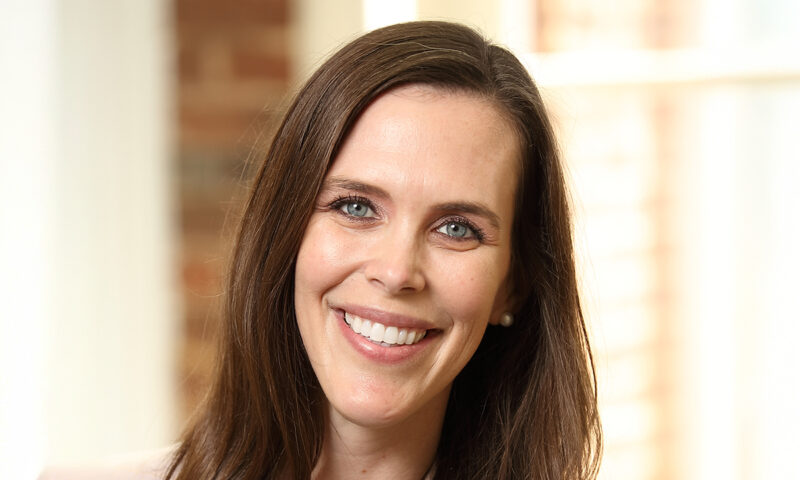Are the raised expectations of American consumers making people more impatient and impossible to please? McIntire Robert Hill Carter Professor of Commerce David Mick weighed in on the origins, current state, and possible future of U.S. consumer culture in a recent Vox news article on the timely subject.
As part of journalist Emily Stewart’s recent biweekly column, The Big Squeeze, which explores the ways economic systems impact average people, “The Awful American Consumer” discusses the moral paradoxes, trade-offs, and destructive results inherent in customers’ short-tempered dissatisfaction with everything from the logistics behind credit card point programs to rising inflation and exasperated service industry workers.
Referencing what he calls the “er” phenomenon, Mick explains how people are led to believe that there is always something better available, a compelling yet generally negative marketing approach that influences human psychology, and ultimately, contributes to our dissatisfaction with life and ourselves.
“If you think about packaging or advertising, products across the spectrum are constantly positioning themselves as softer, sweeter, easier, smoother, quieter, longer-lasting, or just the big word, better. We’re always being set up that whatever we’re looking at or considering to buy is better,” he says.
The idea that Mick references stems from his working paper, “er: An Exploratative Analysis of a Foundation and Dis-ease of Marketing and Consumer Behavior.” In the paper, he investigates the pervasive presence of the concept, which extends beyond mere comparison and hype routinely employed by marketers through branding, innovation, and advertising to reinforce an idea that most everything available to consumers “can and should be better.” By reviewing the extent of “er” expressed in the claims of print advertisements dating back 130 years, Mick, the Association for Consumer Research’s 2020 Fellow in Consumer Behavior Award winner, analyzes the significance of the phenomenon’s moral and psychological outcomes.



